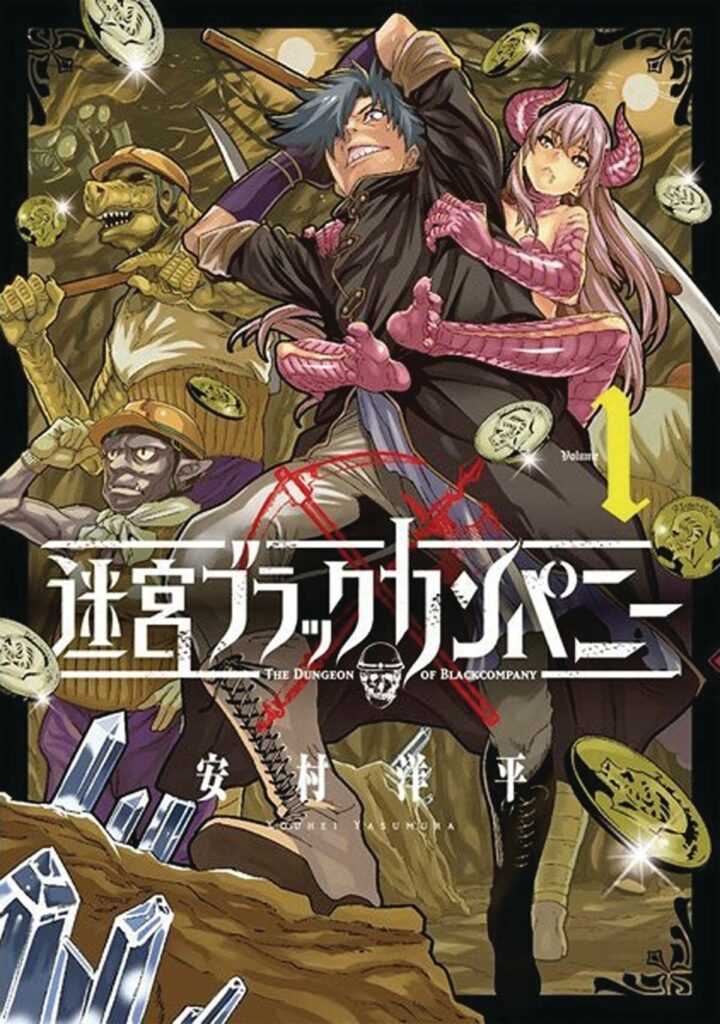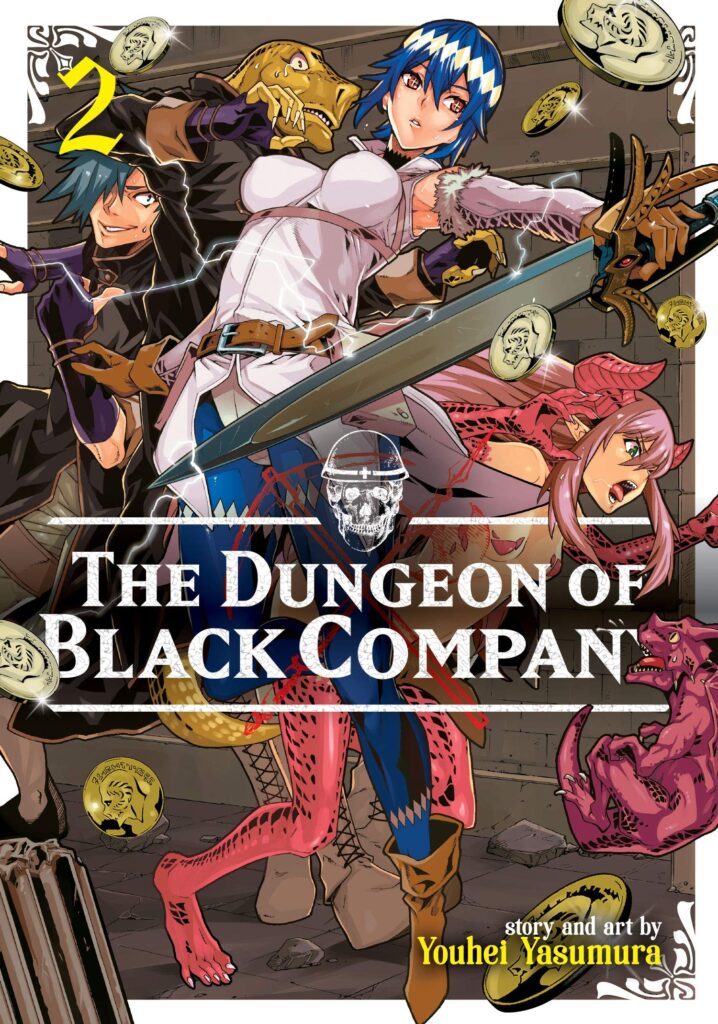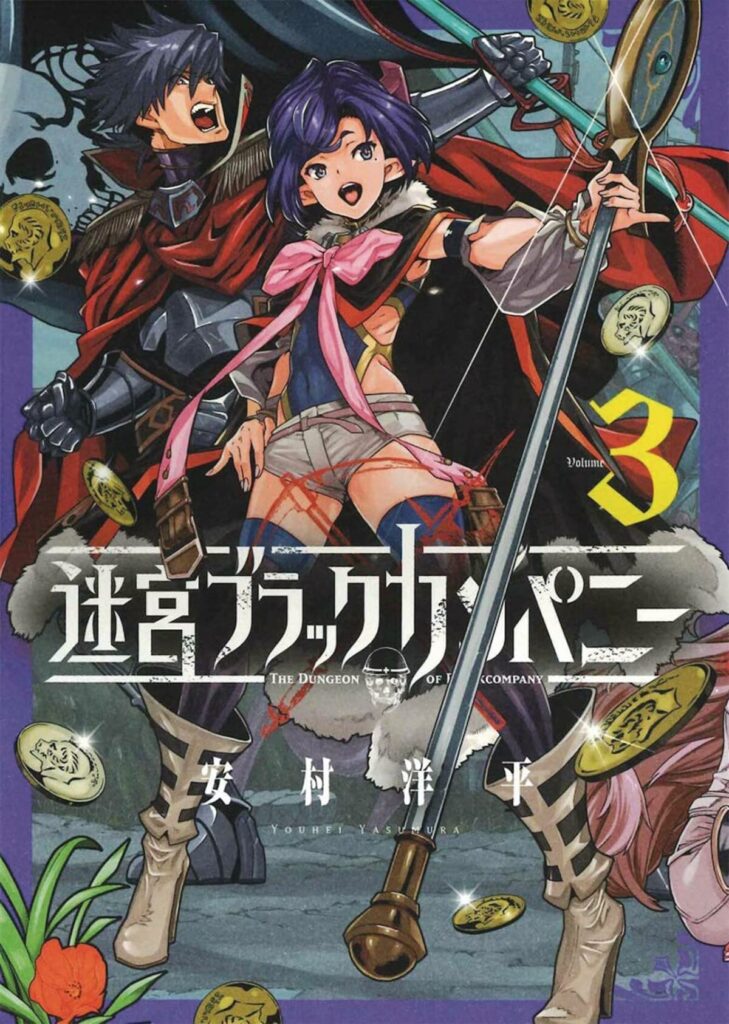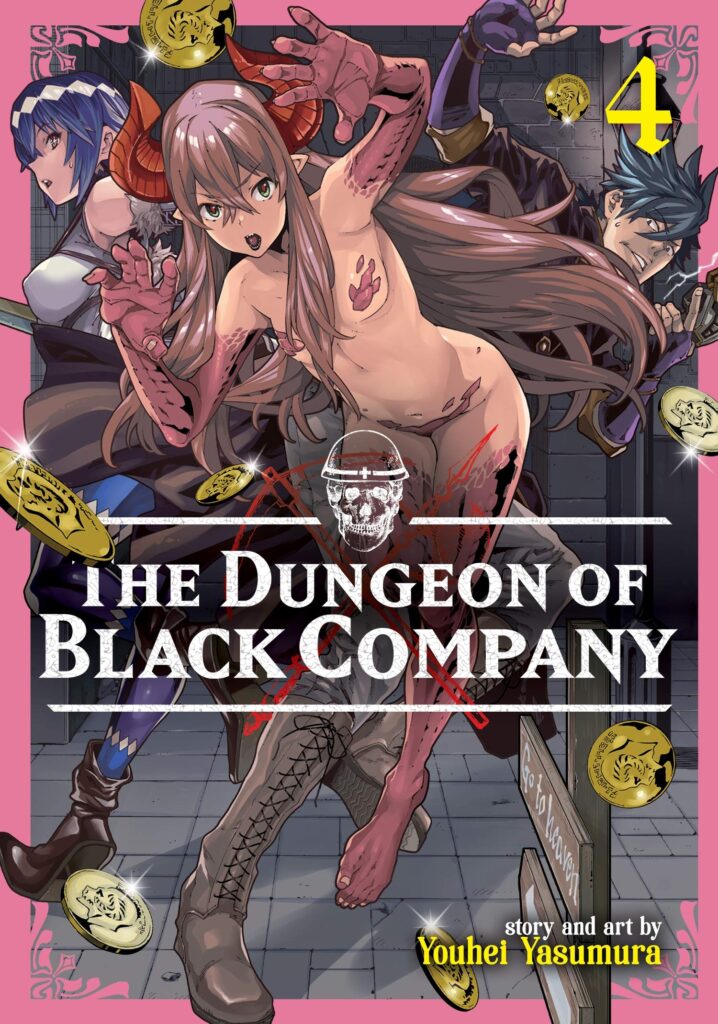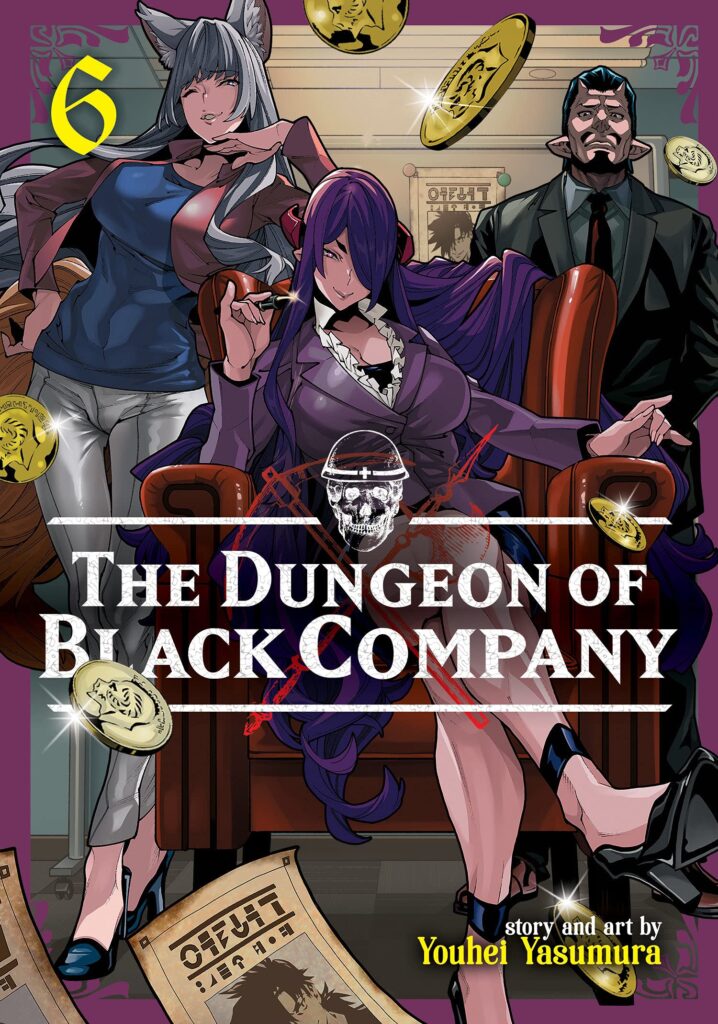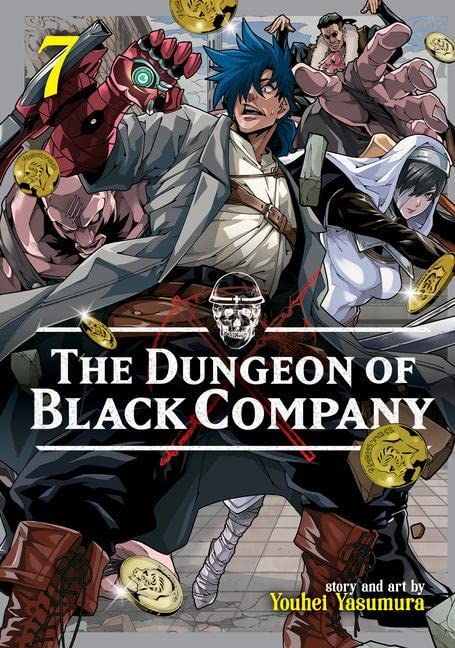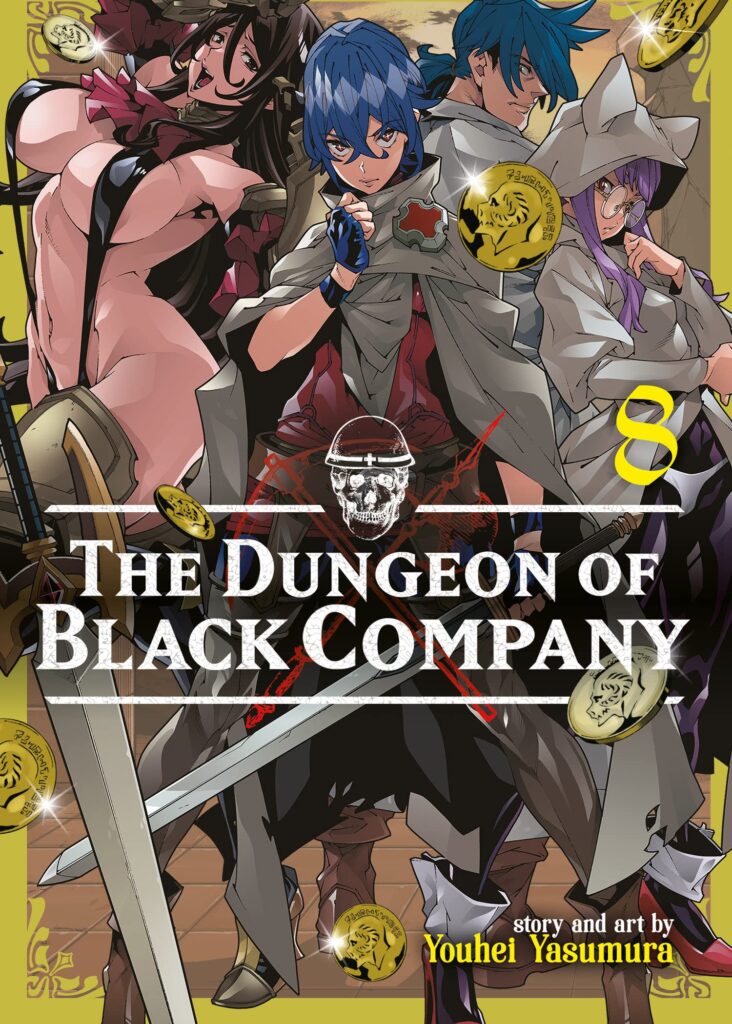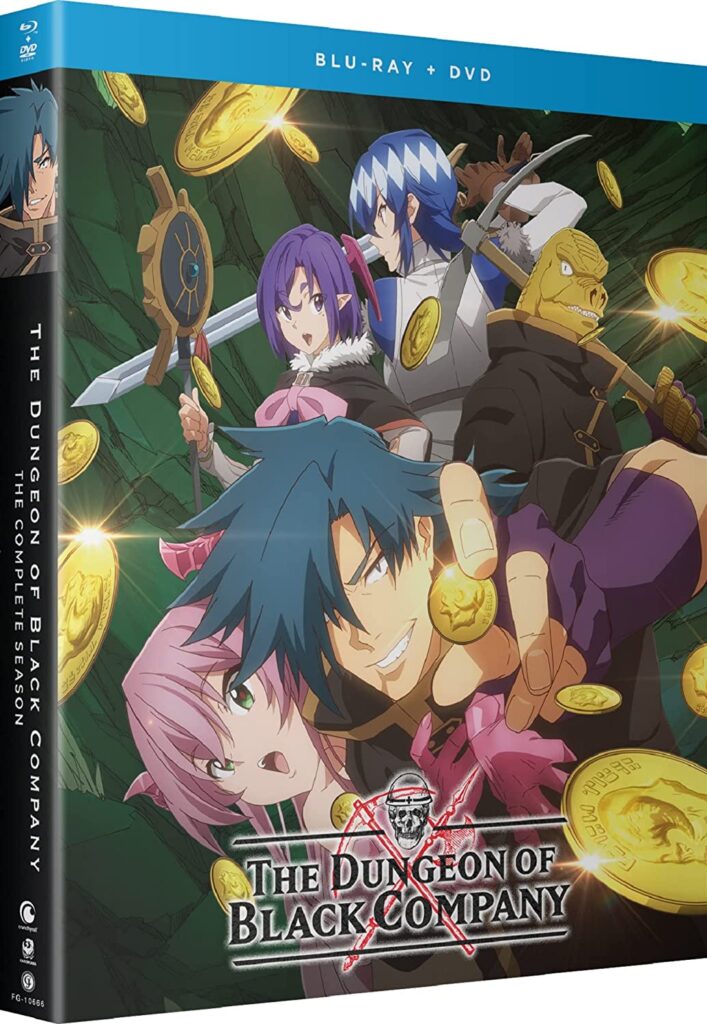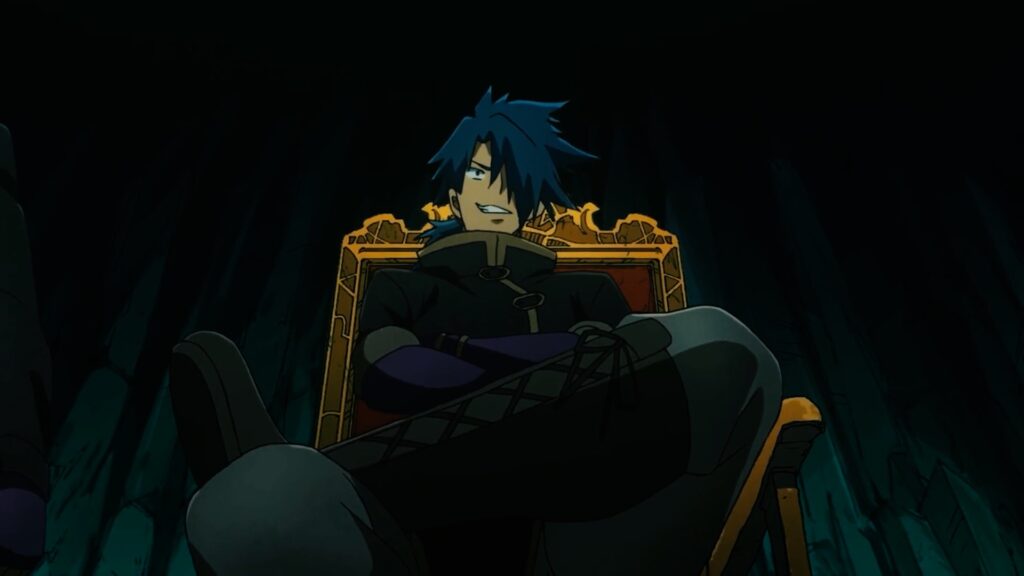
The dungeon of the black company is one of those Isekai anime that have more to them than what meets the eye. A Capitalistic NEET Gets Summoned To Another World. Released in 2021, the anime has become quite popular. On the surface, the anime feels just like any other isekai anime with a conventional protagonist and comedic setting. However, the anime has a lot to say about the modern economy, big businesses, and unethical labor practices. If you’re interested in this kind of anime analysis then make sure to stick around till the end.
Let’s talk about the plot of the anime. Like most Isekai protagonists, the anime revolves around a man who is not particularly popular in his own world. Kinji Ninomiya is a NEET. His whole thing is that he doesn’t want to work and dreams about being rich. His dream materializes when he ends up becoming rich by investing into real estate. In other words, your everyday capitalist reaping the fruits without doing any labor as one would.
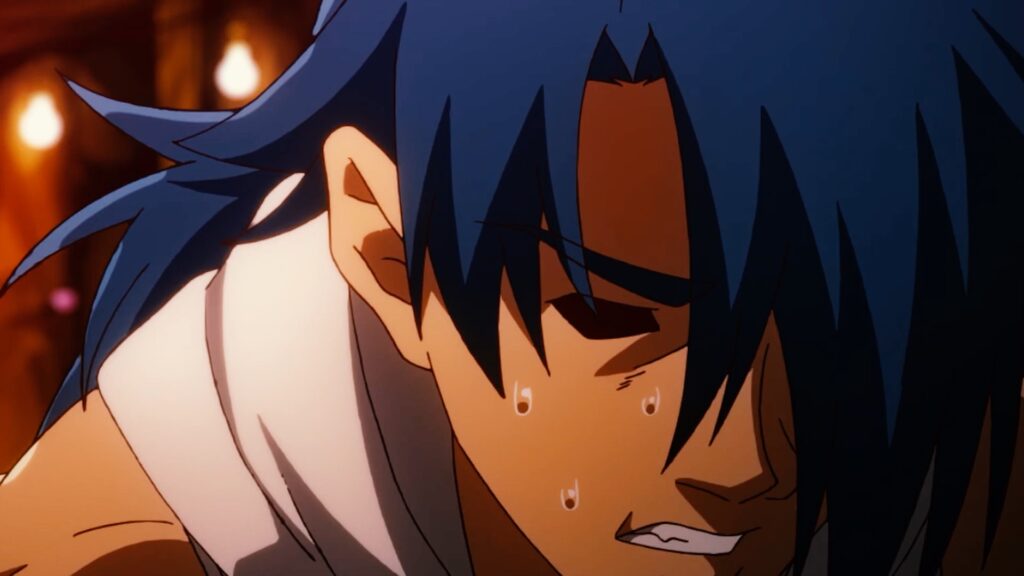
Since this is an Isekai anime, he doesn’t get to enjoy his lifestyle for long. His luxurious life takes a turn where he gets transported into a new world full of demi-humans. This world has dungeons that these mega-corporations use to dig demonite, a precious ore. Kinji, who as a NEET, was completely opposed to the idea of work is forced to meet his nemesis. He’s turned into a miner and thus goes through the same treatment any miner in this world goes through.
The anime consistently shows us unethical labor practices. You get these big corporations forcing miners to work hard. The miners don’t have any choice since that’s all they can do to make their daily bread. A picture is painted in the anime which the western audience might compare to Nestle or other well-known corporations.
But since this is a Japanese anime, it’s necessary to keep the context in mind when analyzing the anime. As the title says, the anime shows black companies which are very much a real thing in Japan. For those who don’t know, a black company is a Japanese term for corporations that have a sweatshop-type labor system in place.
Black companies are known for their exploitative working conditions. Specifics of these working conditions can vary from company to company but typically, black companies hire a huge amount of people just to have them work overtime without providing any additional pay for the work done. As shown in the anime, workers are a victim of bullying and misuse of power.
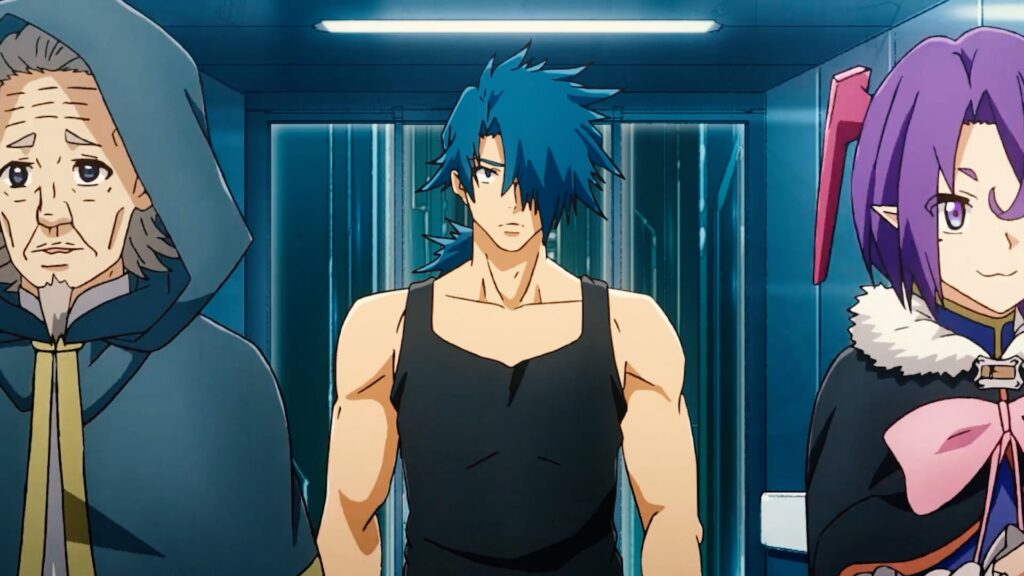
Black companies are also not limited to manual labor. Companies that exploit their office workers can also be described as black companies. The term was coined in the early 2000s and has been applied to many companies in Japan. The existence of such companies and their effect on workers has become a topic of major interest in Japan.
To put this into perspective, consider this, Japan literally had a “Black Corporations Award” in 2012 where people could vote for the most evil corporation of the year. Since this is a widely talked about topic, Black companies are mentioned many times in Japanese media. This ranges from anime to dramas.
History tells us that when there are exploitative power structures, there are revolutions and resistance. In the second episode of the anime, Kenji turns himself into an ant and introduces the concept of worker rights to the worker ants. They end up forming a union and demand the ant queen to treat them better.
Their plan goes south and the Ant Queen simply kills those workers. This is a classic show of power and does contain parallels to how most worker revolutions were put down. Take the 1886 Haymarket affair for instance where the police detained eight anarchists for throwing a bomb even though none of them had thrown it.
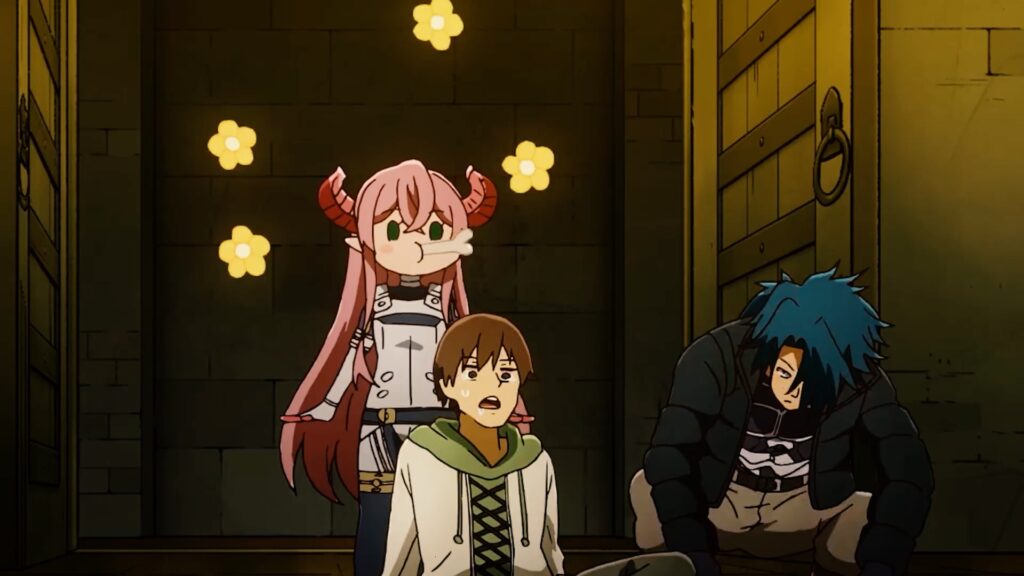
Seven of those anarchists were sentenced to death while the eighth one got fifteen years in prison. Those who read history might already know about the significance of this incident. It was this incident that gave us an eight-hour workday. Before that, 10 to 16-hour workdays were quite common.
Coming back to Japan, the eight-hour workday finally became law in Japan with the passing of the Labor Standards Act in April 1947. Even that took a lot of worker campaigns and rallies because before that Japan was more than happy to have the workers work overtime. No matter where you’re in the world, you can’t take the rights you enjoy today for granted without acknowledging the sacrifices of those who came before you.
What’s interesting to note is that later on in the series, Kenji forms his own black company. While the anime has us believe that doing evil somehow becomes good just because it’s the main character doing it, we know this isn’t the case. Later on, in the series, Kenji would fall into another hole that transports him 300 years into the future.
Here he meets General Ant that is actually fair to his workers and gives them a 40-hour work week, unlike the exploitative Queen ant. However, here the problem is different, General Ant has these lazy workers that can’t even do 40-hour work in a week. Kenji decides to step up and uses a carrot-and-stick strategy to get the employees to do the work.
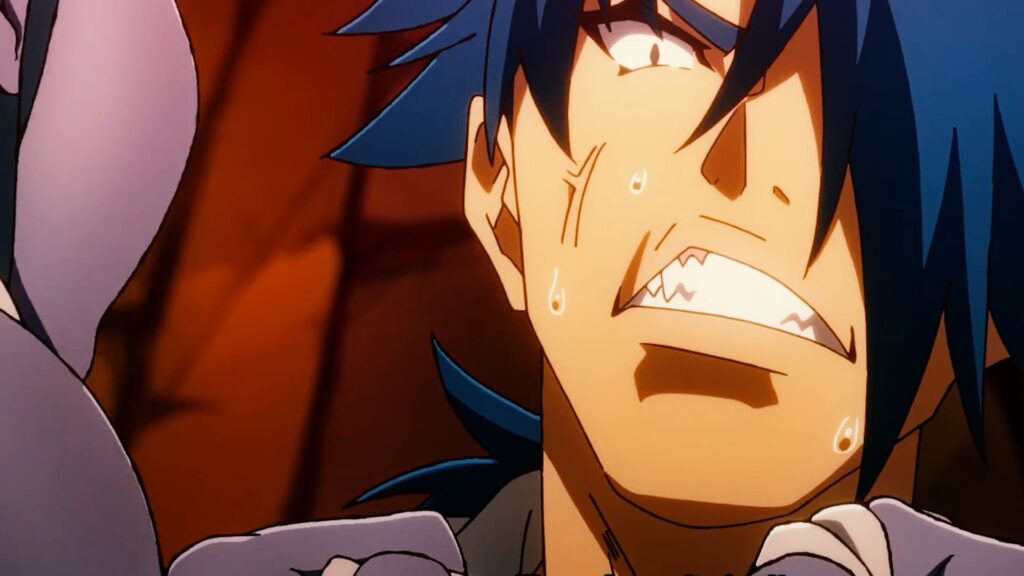
Punishment and reward forces the citizens to do the work and the whole operation becomes profitable once again. Now despite looking like it’s all fair, the workers are still being exploited since they are being coerced to do something one way or the other. This is one of those hardcore leftist concepts that are hard to unpack and beyond the scope of this article.
To summarize, the dungeon of the black company is an enjoyable anime that has a lot to say about exploitation in working environments, worker rights, unions, and Japan’s history with black companies. What do you think about this anime? Let me know in the comments below.
If you like our review on what happens when a Capitalistic NEET Gets Summoned To Another World make sure to check out our other anime reviews here!
